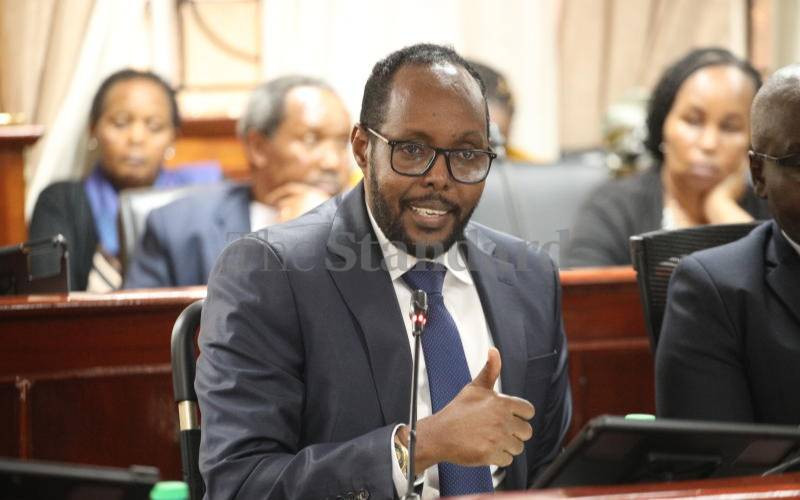×
The Standard e-Paper
Join Thousands Daily

Harun Hassan Executive Director, National Council for Persons with Disabilities (PWDs) at the County Hall, Nairobi on September 7, 2023. [Elvis Ogina, Standard]
Anti-graft crusaders have censured the government over failure to effectively resource the investigative agencies saying lack of tooling has slowed down the fight against corruption in the country.